Book Review: Thomas Jefferson, The Art of Power
Ever since his death on July 4th, 1826 (50 years to the day after the adoption of the Declaration of Independence, I might add), subsequent generations of Americans have appropriated the life and legacy of Thomas Jefferson in order to advance agendas and justify arguments. During the Civil War, both sides enlisted Jefferson’s aid; his opinions on states’ rights gave rhetorical ammunition to the South while Abraham Lincoln used the language of the Declaration to inveigh against the spread of slavery. During the New Deal, Franklin Delano Roosevelt (using great political slight-of-hand), used Jeffersons’s advocacy of ‘negative liberty’ as the philosophical basis for his Four Freedoms platform.
In his book, Thomas Jefferson: The Art of Power, Jon Meacham uses our third president to promote a message of bipartisanship and across-the-aisle problem solving. In so doing, he issues a none-too-subtle condemnation of the Washington gridlock and political intransigence which characterizes our current age. At first blush, this might seem odd considering that Thomas Jefferson was a prime mover in the creation of our nation’s first political party. Meacham, however, is quick to remind his reader that the Master of Monticello was interested in much more than just the trivialities of political tribalism.
Here’s a sampling,
“Our greatest leaders are neither dreamers nor dictators: they are, like Jefferson, those who articulate national aspirations yet master the mechanics of influence and know when to depart from dogma. Jefferson had a remarkable capacity to marshal ideas and to move men, to balance the inspirational and the pragmatic. To realize this vision, he compromised and improvised. The willingness to do what he needed to do in a given moment makes him an elusive historical figure. Yet in the real world, in real time, when he was charged with the safety of the country, his creative flexibility made him a transformative leader.”
Message received Mr. Meacham.
Thomas Jefferson: The Art of Power is a fine book. Eminently readable and often engaging. Moreover, Meacham is an unabashed Jeffersonian - a real fan. He makes his points effectively. In Jefferson the man, there is much to criticize, but even more to praise. Meacham’s book is a nice change of pace if you’re used to the harsh treatment Jefferson has recently received at the hands of Joseph Ellis, Henry Wiencek etc.
One of the great truths about Jefferson is that he was a man of wide ranging intellect and interest. This vastness caused him to be in constant in conversation with himself regarding politics and philosophy. Over the course of his career, he would often stake out contrary positions. For instance, Jefferson the small government constitutionalist that fights against the Alien and Sedition Acts in 1798 stands in opposition to the Jefferson who broadly interprets the powers of his office in 1803 when negotiating the Louisiana Purchase.
Regardless of which Jefferson you encounter, he was always adept at building coalitions of interest in support of his positions. John Meacham would call this adaptability - and does so repeatedly in his book. Hypocrisy is a term others might use. Thomas Jefferson could countenance both. Walt Whitman once wrote, “Do I contradict myself? Very well, then, I contradict myself; I am large - I contain multitudes.”
So did Jefferson.
